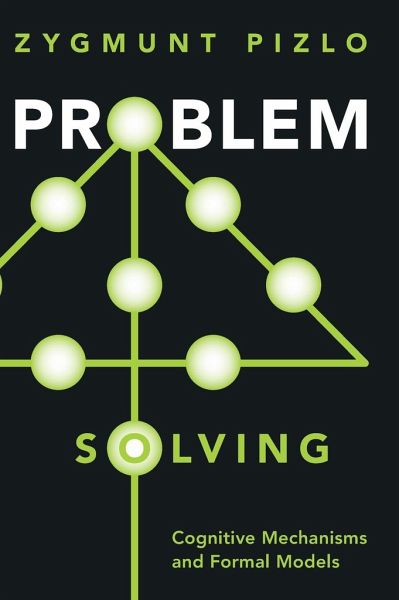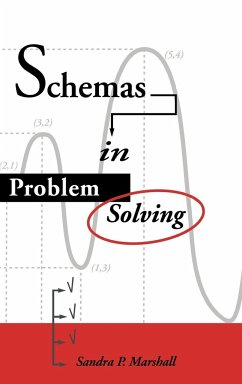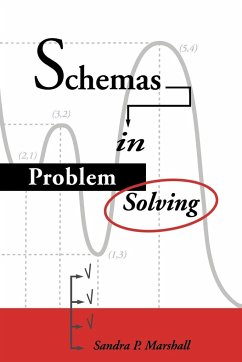
Problem Solving
Versandkostenfrei!
Versandfertig in 1-2 Wochen
108,99 €
inkl. MwSt.
Weitere Ausgaben:

PAYBACK Punkte
54 °P sammeln!
Intelligent mental representations of physical, cognitive and social environments allow humans to navigate enormous search spaces, whose sizes vastly exceed the number of neurons in the human brain. This allows us to solve a wide range of problems, such as the Traveling Salesperson Problem, insight problems, as well as mathematics and physics problems. As an area of research, problem solving has steadily grown over time. Researchers in Artificial Intelligence have been formulating theories of problem solving for the last 70 years. Psychologists, on the other hand, have focused their efforts on...
Intelligent mental representations of physical, cognitive and social environments allow humans to navigate enormous search spaces, whose sizes vastly exceed the number of neurons in the human brain. This allows us to solve a wide range of problems, such as the Traveling Salesperson Problem, insight problems, as well as mathematics and physics problems. As an area of research, problem solving has steadily grown over time. Researchers in Artificial Intelligence have been formulating theories of problem solving for the last 70 years. Psychologists, on the other hand, have focused their efforts on documenting the observed behavior of subjects solving problems. This book represents the first effort to merge the behavioral results of human subjects with formal models of the causative cognitive mechanisms. The first coursebook to deal exclusively with the topic, it provides a main text for elective courses and a supplementary text for courses such as cognitive psychology and neuroscience.














